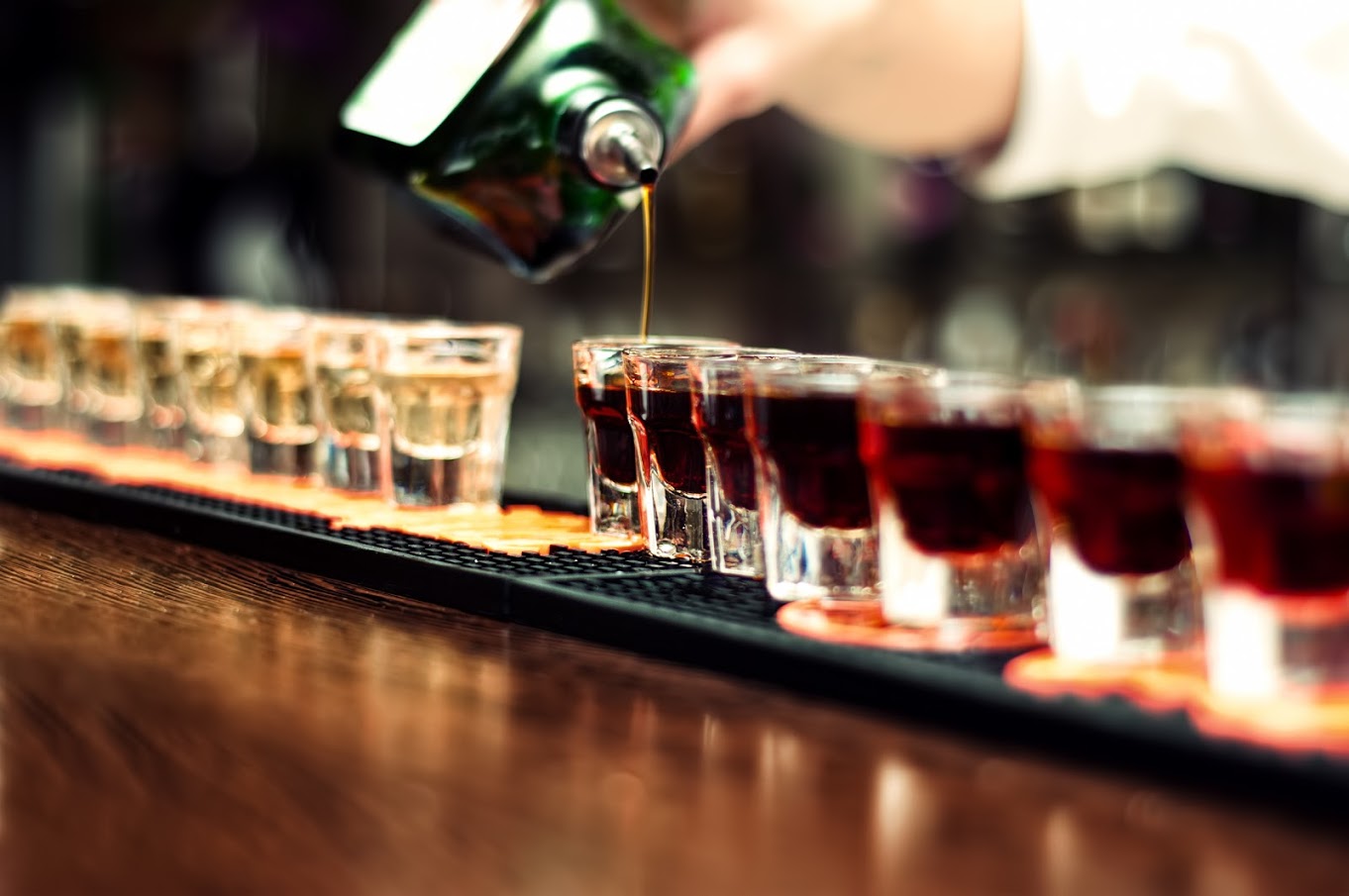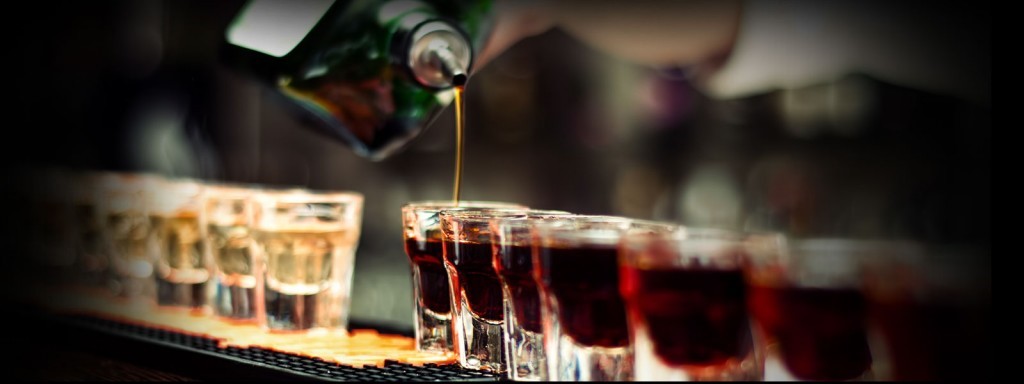Sipping a cocktail or enjoying a glass of liquor on the rocks at the end of a long day can be a great way to relax. However, selecting the liquor products that you incorporate into your home bar can be a daunting task.
There are many factors that you must take into consideration during the purchasing process. Your personal tastes, your preferred drinking style, and your budget all come into play when buying liquor products. If you are tempted to cut costs by purchasing cheap liquor, you could be missing out on a pleasurable drinking experience.
Premium liquors typically have a higher price tag than their cheap counterparts, but you get what you pay for when it comes to taste. There are some major differences between cheap and premium liquors, and these differences can dramatically influence the taste of your adult beverages.
1. Ingredients
The first characteristic that sets premium liquors apart from their cheap competitors is the ingredients that are used to produce each beverage. Premium liquors are made using only the finest natural ingredients available.
The best grapes, grains, and fruits are combined to create the mash that serves as the foundation of all premium alcohols. These quality ingredients cost more than the industrial alcohol and synthetic ingredients found in most bargain liquors.
Because premium liquors are made from natural ingredients, the taste of these alcohols tends to be smoother and more refined than the taste of cheap liquor products.
2. Distillation
All liquors must be distilled. The distillation process requires that the mash, which is the foundation of each liquor, be boiled. The steam from the boiled mash is captured and re-condensed, forming the final products that sit on the shelves of liquor stores around the world.
Distilling releases biologically active agents known as congeners. These congeners are impurities that can have a dramatic effect on the taste of the liquor after it has been re-condensed. Premium liquor companies employ master distillers who have the knowledge and experience required to capture specific congeners that will enhance the flavor of the liquor.
Cheaper liquor products might contain congeners that detract from the overall flavor, giving these bargain liquors their somewhat bitter aftertaste.
3. Aging
The final step in the production process for most liquor products is aging. The way liquors are aged can impact the final flavor of the alcohol once it is bottled and sold to consumers.
Whiskey, bourbon, and scotch are often aged in oak barrels that are charred prior to being filled. The amount of time spent in the barrel and the amount of charring in the barrel can determine whether the liquor has a vanilla, oak, or caramel flavor.
Other liquors like tequila and vodka must also be aged for the correct amount of time to maximize flavor. Premium liquors are aged carefully to capture the most flavor and to give the liquor time to develop subtle flavor nuances that help set high-end alcohols apart from their more affordable counterparts.
If you are in the process of stocking your bar at home, don’t be afraid to splurge and spend a little extra on premium liquor products. You will find that premium liquors are enjoyable to sip, and they can blend seamlessly into your favorite cocktails. Affordable liquor products can be useful when supplying the alcohol for parties or small gatherings, but treating yourself with premium liquor from time to time can enhance your drinking experience.
Holiday Wine Cellar has a wide variety of premium liquors available. Shop our selection of top-shelf liquors and see the difference incorporating quality liquor into your home bar can make.








